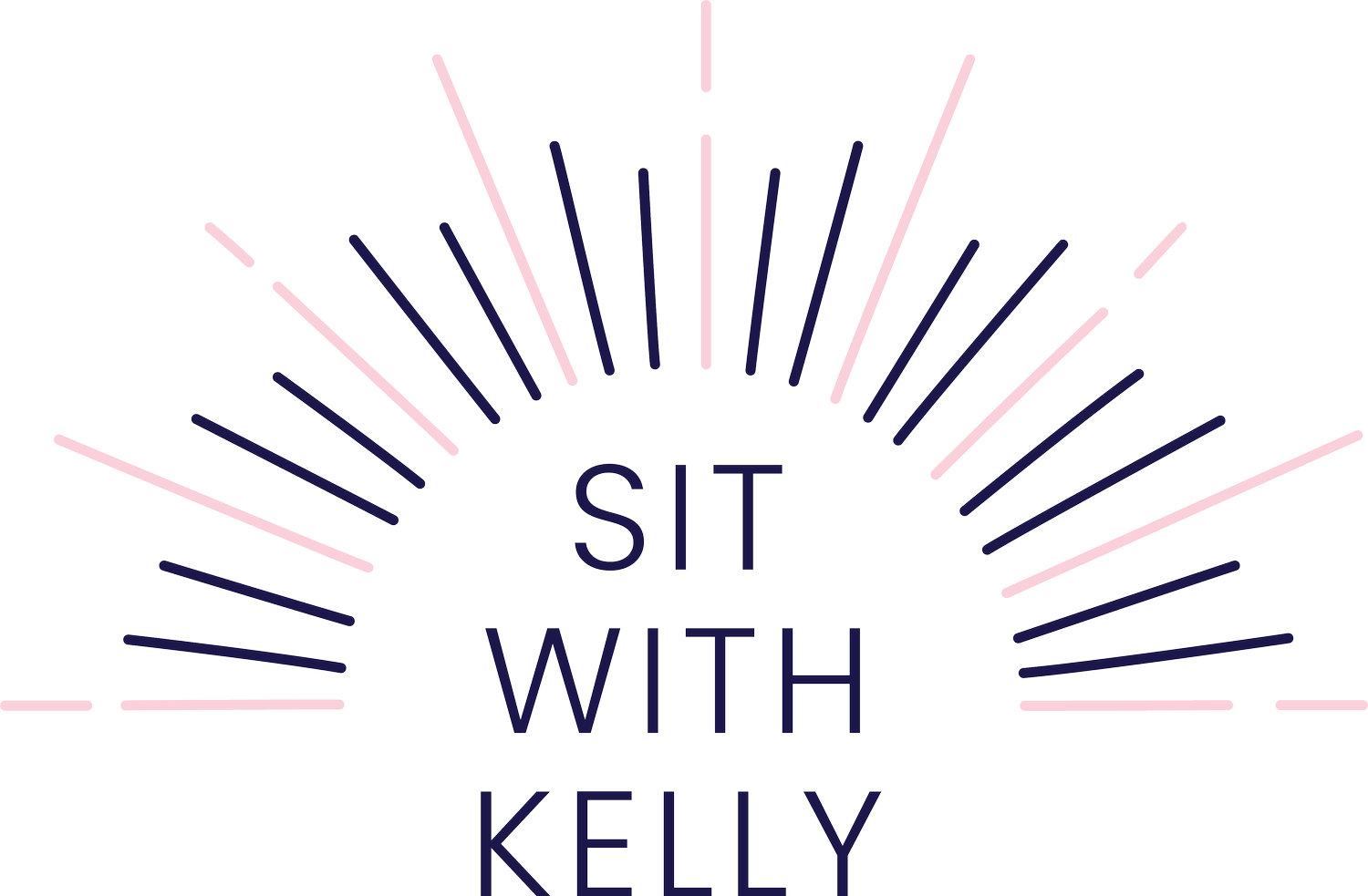Eat this if you have anxiety
7 Foods that Reduce Anxiety Fast
You’ve heard before that you need to eat nutrient-dense foods to stay physically well — but a diet consisting of whole grains, fruits, and vegetables is also necessary for your mental health. Anxiety disorders are not easy to deal with. But a healthy diet can improve and ease anxious feelings more than you might realize. Be sure to add some of the following foods that help with anxiety to your next grocery list:
Almonds help anxiety 🥜
In many cases, stress is at the root of anxiety, and stress impacts the immune system. Which means, many foods that are known to reduce stress will also have an impact on helping your anxiety.
Almonds are high in vitamins E and B2, which help support your immune system during times of stress. If plain almonds aren’t your thing, you can get the same nutrients from almond butter.
Broccoli lowers stress levels 🥦
At the same time that stress can cause anxiety, anxiety can also lead to stress, depression, and other mental health conditions. You should consider adding more foods with folic acid into your diet, as depression has been linked to low levels of this nutrient.
Folic acid is easy to find in foods like asparagus and leafy greens. What makes broccoli ideal is that it’s also high in vitamin C, which helps lower cortisol levels and blood pressure. This will help with the feelings of perceived stress.
Avocados reduce anxiety 🥑
Avocados are high in monounsaturated fat, which helps lower blood pressure. These awesome superfoods are also known for their B vitamins. B vitamin deficiency may be at the root of anxiety because we need B vitamins to maintain a healthy nervous system and thriving brain cells. So, eating foods with a high potency of B vitamins may help reduce your anxiety.
Salmon controls your stress hormones 🍣
Salmon is rich in omega-3 fatty acids that help keep your adrenaline and cortisol (stress hormones) under control. These acids also help reduce inflammation which can contribute to brain cell dysfunction commonly found in people with anxiety. They are also believed to regulate serotonin and dopamine, which are vital neurotransmitters for feeling calm.
Blueberries relieve anxiety 🫐
Blueberries are great stress-busters because they are so high in antioxidants. Antioxidants help repair and protect cells from free radicals that cause damage to the brain and nervous system. Anxiety is believed to be connected to a low antioxidant state, which a daily helping of these refreshing berries can remedy.
Whole grains boosts serotonin, reducing anxiety 🌾
Some science suggests that carbohydrates increase your production of serotonin, which can uplift your mood and fight anxiety. That’s because carbohydrates make your body release more insulin, which promotes amino acid absorption, leaving tryptophan in the blood. Make sure you have plenty of carbs in your diet, as these are foods that calm nerves.
So really, it’s the higher levels of tryptophan that may matter more, making whole grains ideal when mixed with tryptophan-packed foods like turkey. This means that the basic turkey sandwich you eat for lunch isn’t so basic after all — it may be the daily afternoon serotonin boost you need to reduce your anxiety. Just be sure to opt for whole-wheat bread or brown rice when possible, as processed carb sources can cause a surge of sugar in your bloodstream, making things worse.
Yogurt supports gut health🍦
There is a lot of fascinating research on the benefits of yogurt that are worth exploring. But in a nutshell, probiotic foods and prebiotics help support a healthy gut by maintaining a healthy and diverse ecosystem of bacteria. A healthy gut is significantly linked to better mental health and reduced anxiety. This means that yogurt and all fermented foods or drinks like kombucha, kefir, sauerkraut, and kimchi are all potentially great options for help treating anxiety.
Remember: this post is for informational purposes only and may not be the best fit for you and your personal situation. It shall not be construed as legal, financial, or medical advice. The information and education provided here is not intended or implied to supplement or replace professional advice of your own attorney, accountant, physician, or financial advisor. Always check with your own physician, attorney, financial advisor, accountant, or other business or medical professional before trying or implementing any information read here.


